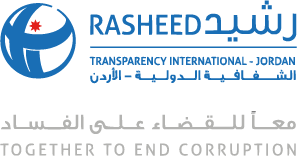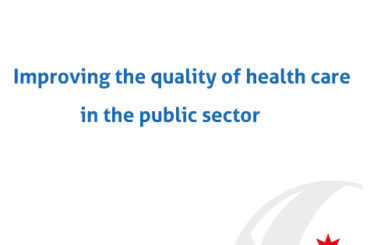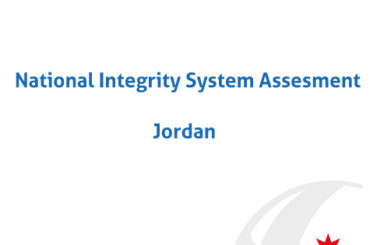From the interest of Rasheed in human development and achieving life best practices, reaching to good governance, Rasheed signed an agreement with Transparency International to launch a new study project entitles: “Local Integrity System”. Naour municipality, which is part of the capital city, was selected for this purpose.
The project was implemented over the duration of May through December, 2014.
Study Objectives:
- Examine the efficiency and competency of the integrity system indicators in the local bodies, through testing these indicators on a Jordanian local body (Naour New Municipality).
- Evaluate the transparency of service-delivery procedures and mechanisms, as well as the effectiveness of the work system, and the integrity and accountability of employees.
- Formulate recommendations for reinforcing the integrity system, in cooperation with the target group. Reinforce the role of social bodies in social accountability.
The Study presented two related areas:
- Accountability (Internal and External), including complaints handling, controlling the local bodies, investigating in corruption cases, as well as social accountability.
- Public awareness level and anti-corruption values, and recognizing corruption and its effects by the leaders, employees, and external partners.
Study Methodology:
This study was prepared based on the analytical descriptive approach of empirical targets, through describing the work environment of municipalities from the different perspectives (legal, institutional environment, procedural, and political), and then apply the study indicators on the selected municipality, for the purposes of this study.
This study was based on the integrity system tool in municipalities, following TI methodology for evaluating national systems. It is worth mentioning here that the methodology was not fully followed, taking into consideration the legal status of municipalities in Jordan and their operations. Some amendments were made on the original methodology. This tool evaluates the internal governance inside the municipality, and the capabilities of the main actors in the municipality, as well as their role in reinforcing integrity in the system as a whole. The tool also evaluates the commitment to decisions and information disclosure, and the extent to which citizens are allowed to participate, as well as the efficiency of each of the control and accountability functions.
Steering Committee:
A steering committee of ten members was formed, including representatives from the public and the private sectors, as well as civil society organizations, control agencies, and Naour Municipality. The Steering Committee participated in a steering meeting for reviewing the indicators, and defining the concerned parties, in addition to another meeting held for reviewing the study and the recommendations, and validating results.




